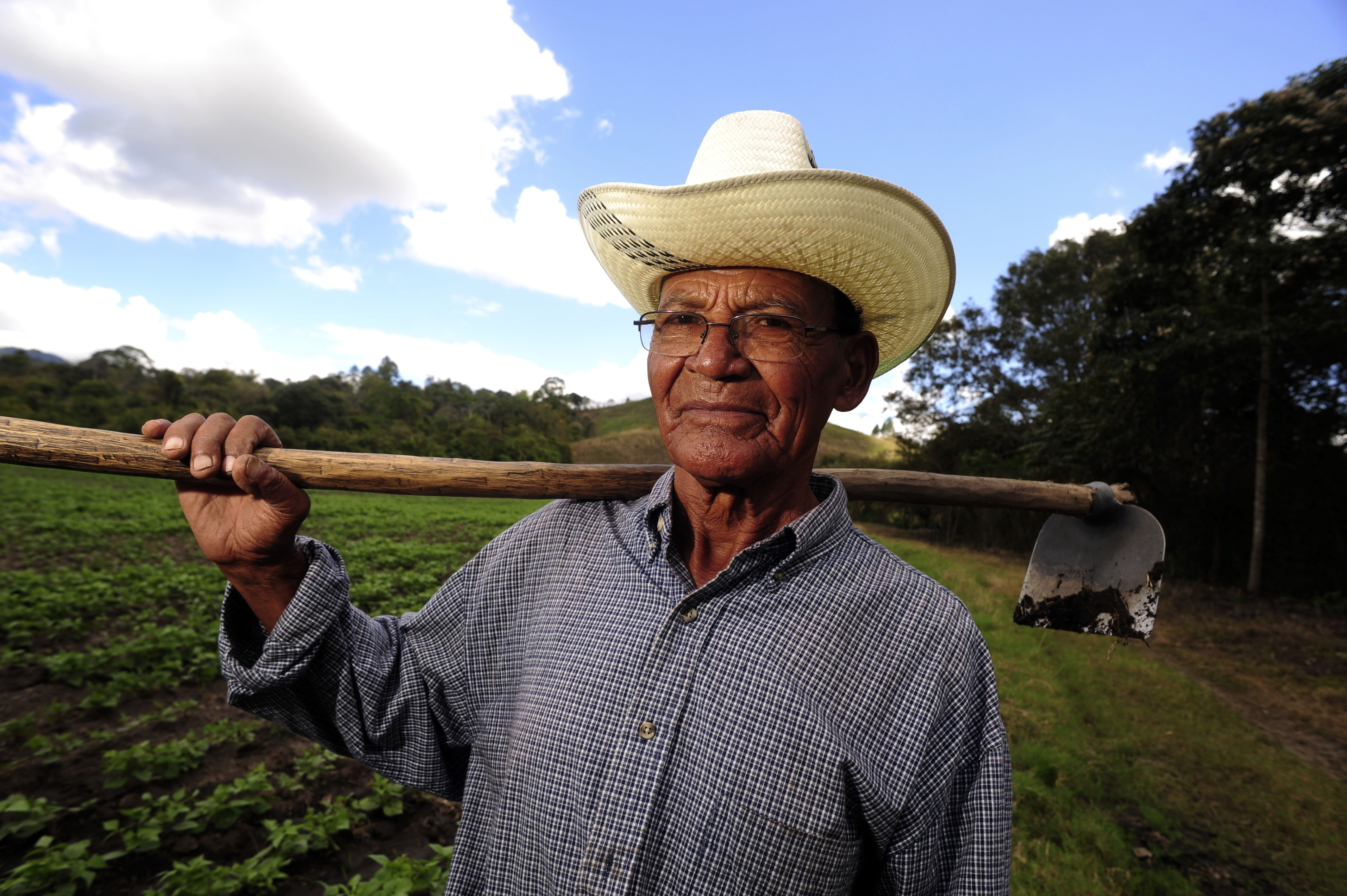Quitting Season: Why Farmers Walk Away From Their Farms
Author: Debbie Weingarten
Last February, Tina Bartsch, co-owner of Walking J Farm, sat cross-legged on the floor of my Tucson apartment. We ate lunch and watched my newly mobile baby move in curious circles around the room. For the last several years, Tina and I have provided each other with moral support as we have navigated the precarious balance of farm and family.
We’ve traded homeschooling curriculum and birthday party invitations; we’ve called each other in frustrated tears and celebrated yoga teacher certifications and new babies; we’ve cursed the glut of cheap redistributed produce at the farmers’ markets and spent hours together in meetings trying to solve the food system gaps in our community.
On this particular day in February, Tina told me that she and her husband, Jim McManus, had decided to stop farming. Though many of our conversations had touched on this as a potential inevitability, this time it was real. After five years of solid record-keeping, the numbers showed the farm operating at a net loss every single year.
A month prior, Tina and Jim had presented their agribusiness success story at the second annual Arizona Food & Finance Forum. But over the course of a 20-minute presentation, McManus had shared the farm’s sobering financial reality, hoping to spotlight the disconnect between the local food craze and the farm economic reality on the ground.
“What I’ve determined is that I can’t go on this way,” McManus said to the forum attendees. He explained that after calculating the full cost associated with producing a single beef cow, he’d figured out that the farm was losing $62 per animal when it sold them by the quarter, and averaging a mere $214 profit per animal when selling retail cuts at the farmers’ market. McManus announced that they had no choice but to raise their retail prices by forty percent; the week before, a pound of Walking J ground beef had cost $8, and this week it was going to cost $11.

